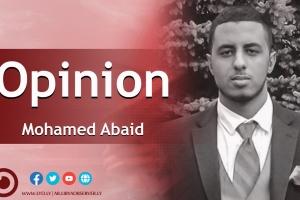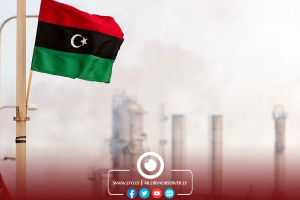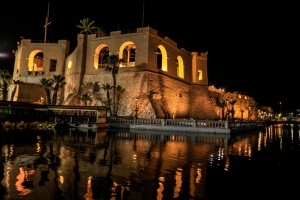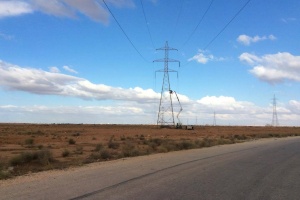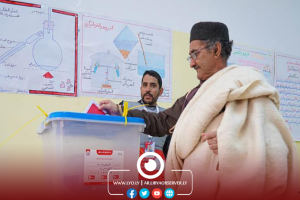By Mohamed Abaid, Independent Libyan Analyst
Lighting the Path to Renewal: Mohamed Elmeshai and the 'Blue Army's' Resolute Strides in Reconstructing Libya's Power Infrastructure
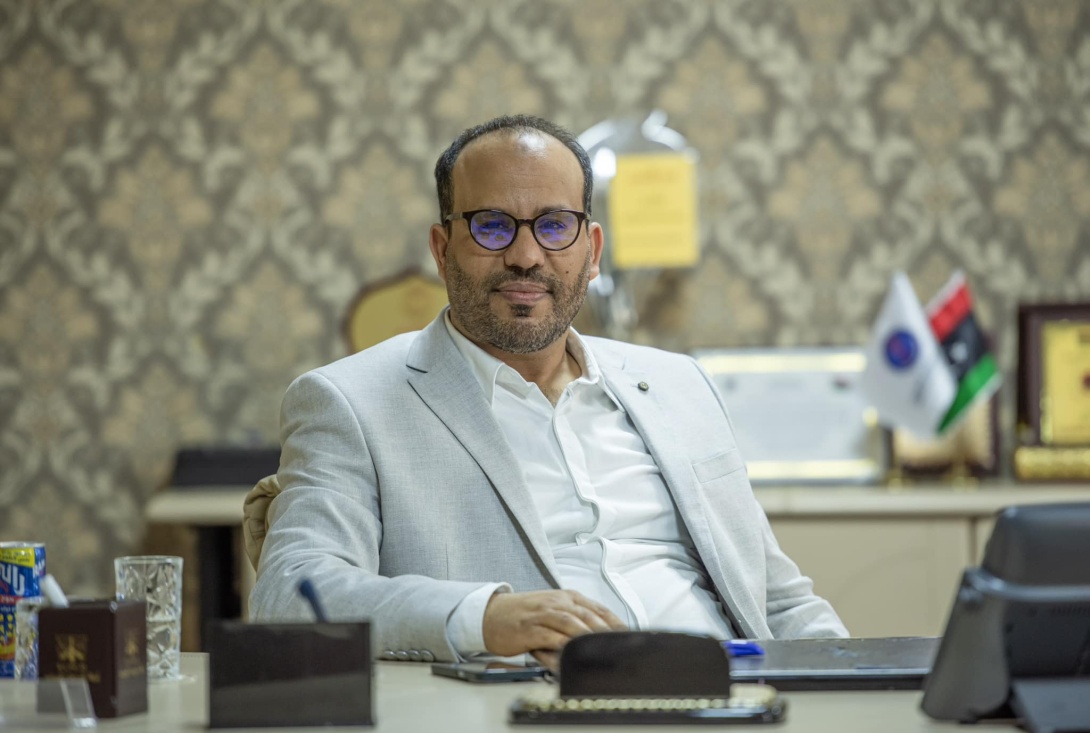
In the heart of Libya, a wave of rejuvenation sweeps across its beleaguered landscapes, bringing a much-awaited respite to its resilient citizens. The capital city, Tripoli, stands as a testimony to this resurgence, emanating a renewed vitality primarily fueled by the remarkable advancements in the power sector. At the helm of this transformative journey is Mohamed Elmeshai, the indefatigable chairman of the General Electricity Company of Libya (Gecol).
Mohamed Elmeshai, an embodiment of determination and visionary leadership, has spearheaded a series of groundbreaking initiatives aimed at overhauling the country's archaic and beleaguered power infrastructure. Under his stewardship, Gecol has embarked on an ambitious trajectory to revitalize Libya's electrical grid, which had been a victim of negligence and rampant corruption for decades. His dedication to the cause and hands-on approach have invigorated the organization, instilling a renewed sense of purpose and direction.
A pivotal force behind this monumental effort is the relentless hard work of the dedicated individuals colloquially known as the "blue army." These unsung heroes have taken to the field with unwavering commitment, often laboring under the harsh and unforgiving sun to restore power to the Libyan populace. Day in and day out, they undertake painstaking efforts to mend the scars inflicted upon the nation's electrical infrastructure, showcasing an exemplary display of resilience and tenacity.
Their labor, often performed under hazardous conditions, involves meticulous planning and execution to ensure the seamless functioning of the power grid. They tirelessly work to repair damaged lines, install new equipment, and maintain the existing infrastructure, often putting their lives at risk to guarantee that their fellow citizens can enjoy a steady power supply. Their efforts, akin to a form of modern-day heroism, are slowly but steadily paving the way for a brighter and more stable Libya.
Moreover, the renaissance in the power sector is also witnessing a resurgence of foreign investments, with several international companies resuming their stalled projects. This signals a burgeoning confidence in Libya's potential for stability and growth, fostered under Mohamed Elmeshai's astute leadership. The collaborative efforts of Gecol and these entities are promising a more robust and technologically advanced power infrastructure, poised to sustain Libya's growth trajectory in the coming years.
Residents of Tripoli, who had once resigned to a life interspersed with power outages and disruptions, now foster hope for a brighter tomorrow. The palpable change in the atmosphere, characterized by the flicker of steady lights and the hum of functional appliances, symbolizes a return to normalcy and stability. Yet, this promising panorama also beckons a call to the citizens to contribute actively to this growth narrative by adopting responsible consumption habits and supporting the ongoing efforts through timely payments of their utility bills.
As Libya stands on the cusp of a promising new era, the journey ahead is a collaborative venture, involving the concerted efforts of the government, organizations like Gecol, and the ever-resilient citizens. Together, they aspire to craft a narrative of resurgence, anchored in unity and propelled by the collective dream of a prosperous and stable Libya. Through relentless efforts and unity, the nation aims to carve out a future that is not only self-sufficient but also embodies the hopes and dreams of its populace, promising a Libya that regains its rightful stature in the regional and global arenas.
Disclaimer: The views and opinions expressed in this article are those of the writer, and do not necessarily reflect those of the Libya Observer


